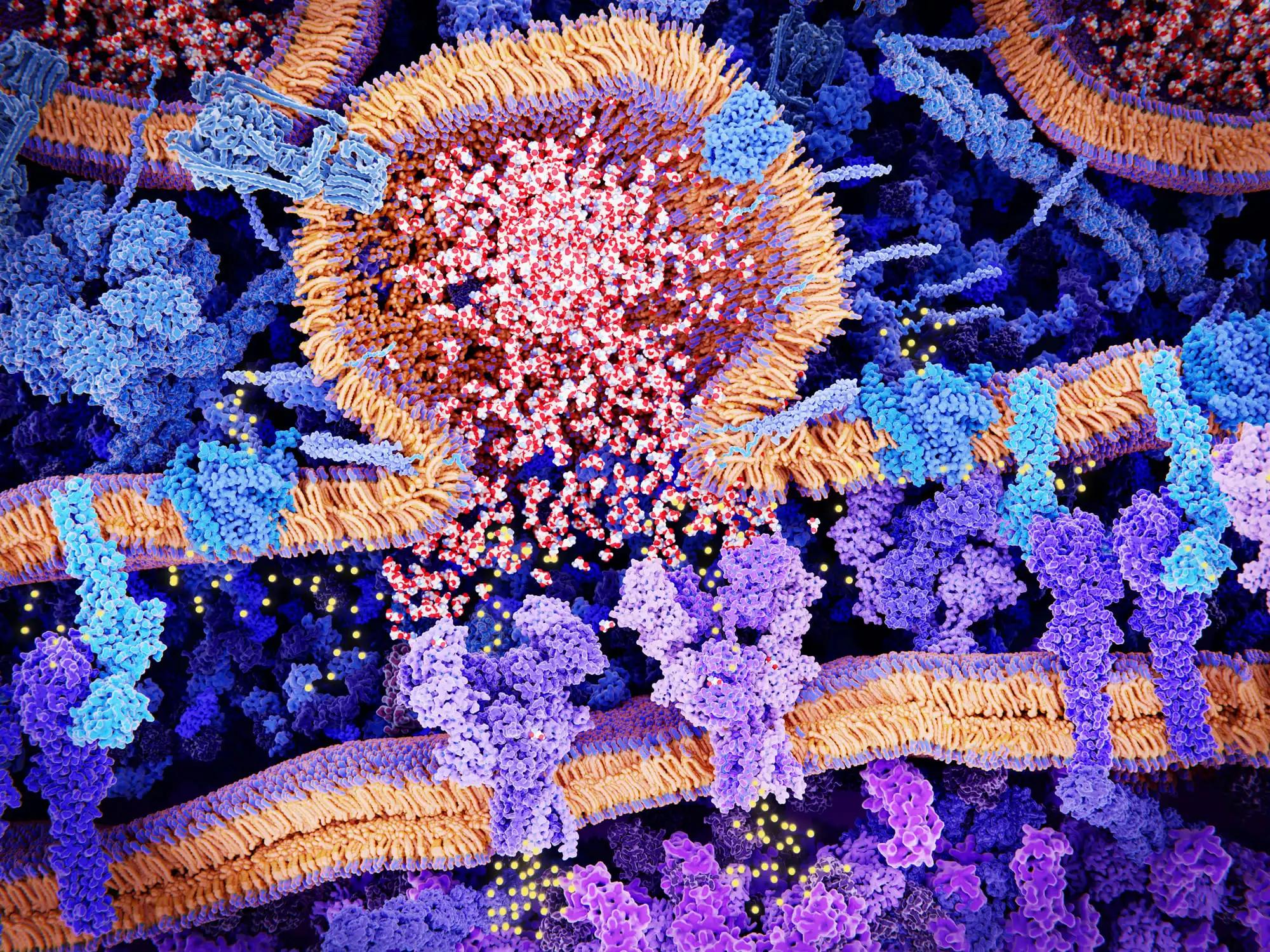KEY TAKEAWAYS
- The phase I/II trials aimed to assess the efficacy and safety of IBI351 monotherapy in NSCLC patients harboring a KRAS G12C mutation.
- The primary endpoint was to determine the confirmed ORR.
- The results demonstrated that IBI351 is a promising new treatment for advanced KRAS G12C-mutant NSCLC, with encouraging efficacy and a manageable safety profile.
IBI351, a covalent and irreversible inhibitor targeting KRASG12C, exhibited encouraging efficacy in a phase I study involving patients with advanced non-small cell lung cancer (NSCLC) harboring KRASG12C mutations.
Qing Zhou and her team spearheaded the study that aimed to evaluate the efficacy of IBI351, a covalent and irreversible KRASG12Cinhibitor, in an open-label, single-arm phase II pivotal study for advanced NSCLC patients.
The study enrolled NSCLC patients with KRASG12C mutations who had failed standard therapy. IBI351 was administered orally at 600 mg twice daily. The primary endpoint was the confirmed objective response rate (ORR) evaluated by an independent radiological review committee (IRRC) following RECIST v1.1 criteria. Safety, IRRC-confirmed disease control rate (DCR), duration of response (DoR), time to response (TTR), progression-free survival (PFS), and overall survival (OS) were assessed as secondary endpoints.
About 116 enrolled patients (median age: 63.0 years; males: 87.9%; ECOG PS 1: 91.4%; ≥2 prior lines of treatment: 41.4%; stage IV: 96.6%; brain metastasis: 30.2%). The median treatment duration was 188 days (range: 11-342), with 37.1% remaining on treatment. Unconfirmed ORR was 59.5% (95%CI: 50.0-68.5), and confirmed ORR was 46.6% (95%CI: 37.2-56.0), meeting the pre-specified endpoint. DCR was 90.5% (95%CI: 83.7-95.2). Median DoR was 8.3 months (95%CI: 6.3-NC), with events in 31.5%. Median TTR was 1.4 months (range: 1.2-6.9). Median PFS was 8.3 months (95%CI: 5.6-10.4), and OS was not reached at a median follow-up of 8.2 months (95%CI: 7.0-8.3).
Treatment-related adverse events (TRAEs) occurred in 90.5%, with 40.5% experiencing grade≥3 TRAEs. Common TRAEs included anemia (42.2%), increased alanine aminotransferase (27.6%), increased aspartate aminotransferase (27.6%), asthenia (26.7%), and proteinuria (25.0%). Serious TRAEs occurred in 22.4%, and TRAEs leading to treatment discontinuation occurred in 6.9%.
The consistent demonstration of favorable efficacy and manageable safety profiles underscores the potential of IBI351 monotherapy as a promising treatment option for advanced NSCLC patients harboring KRASG12C mutations. Research was sponsored by Innovent Biologics (Suzhou) Co. Ltd.
Source: https://cslide.ctimeetingtech.com/asia2023/attendee/confcal/show/session/27
Clinical Trial: https://clinicaltrials.gov/study/NCT05005234
Zhou Q, Meng X, Sun L, et al. (2023) ‘’ Efficacy and safety of IBI351 (GFH925), a selective KRASG12C inhibitor, monotherapy in patients (pts) with advanced non-small cell lung cancer (NSCLC): Initial results from a registrational phase II study.’’ Presented at ESMO ASIA 2023 (LBA12).



